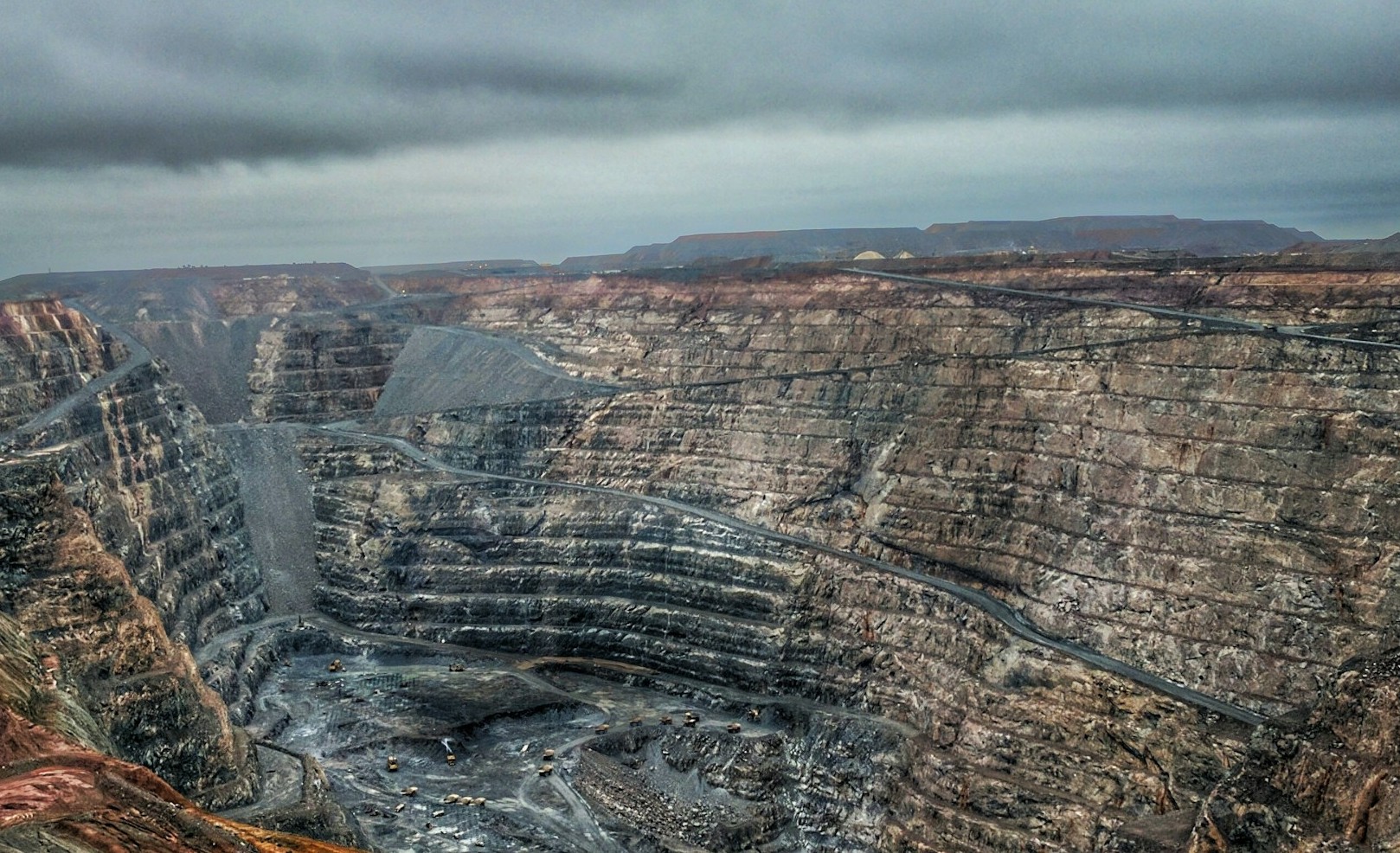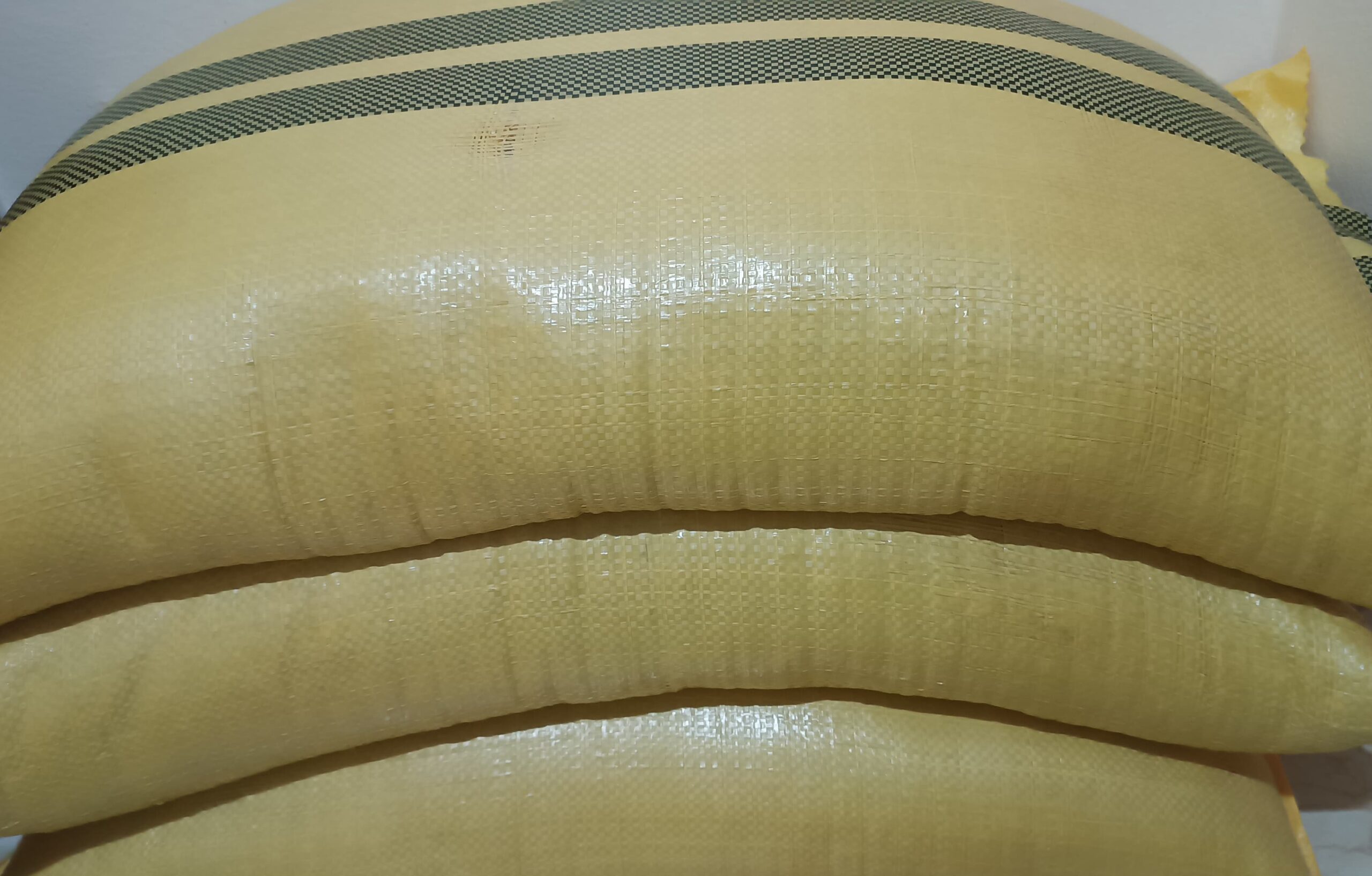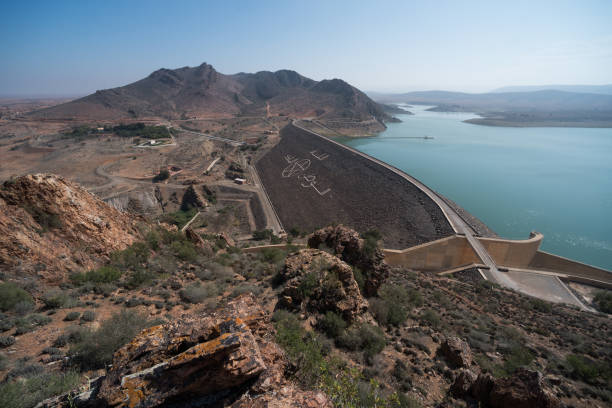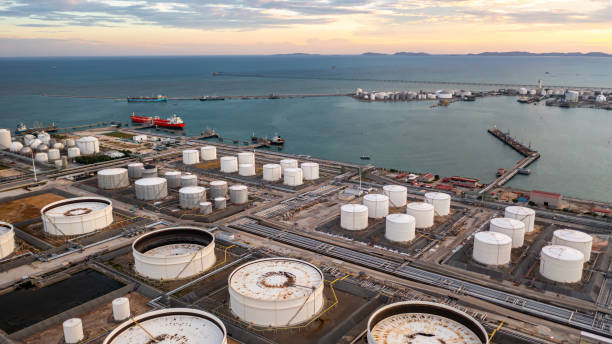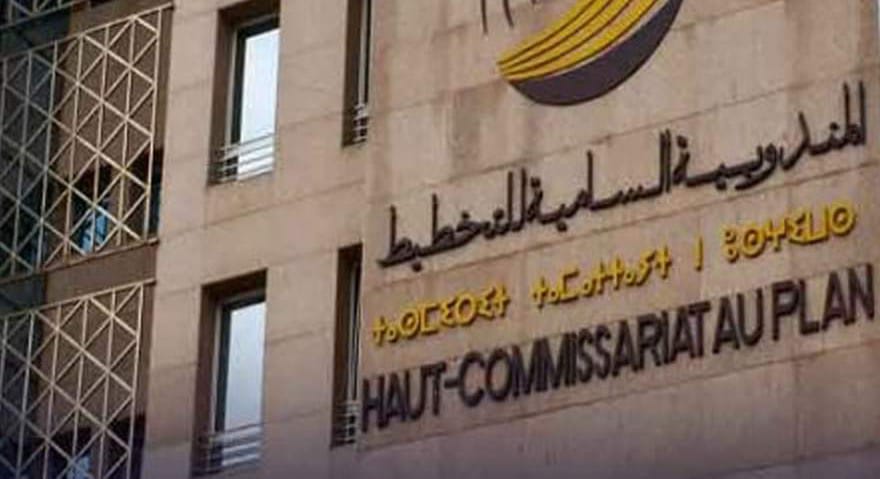Casablanca – Moroccan nationals owning luxury properties in Paris are under heightened surveillance following a comprehensive audit by France’s General Directorate for Competition, Consumption, and Fraud Control (DGCCRF). The investigation targeted undeclared foreign assets amidst efforts to combat money laundering and terrorist financing.
The audit, carried out in Paris’s upscale 3rd, 6th, 7th, and 8th arrondissements, revealed several high-value properties left unused for years. These “frozen” assets neither served as residences nor rental units, raising suspicions about their financial origins. Many of the identified properties belong to affluent Moroccan individuals who had failed to declare them to the Moroccan Office of Foreign Exchange or tax authorities, despite their ongoing business and investment activities in Morocco.
A network of suspicion
The investigation primarily sought to verify property ownership, ensure compliance with anti-money laundering (AML) and counter-terrorism financing (CFT) laws, and assess the practices of real estate agencies managing these luxury properties. The audit also revealed the involvement of Russian businessmen sanctioned under European regulations related to the Russia-Ukraine war, indicating a broader pattern of questionable property acquisitions.
Moroccan property owners reportedly relied on real estate agencies to cover maintenance costs and annual bills while leaving the properties idle. This raised alarms about potential financial misconduct and the use of these properties for illicit purposes.
Impact on Moroccan nationals
The findings have significant implications for Moroccan owners of undeclared assets abroad. French authorities have shared the audit data with their Moroccan counterparts as part of broader international cooperation. This aligns with Morocco’s recent efforts to track foreign assets owned by its citizens and enforce compliance with national financial regulations.
With the expiration of the voluntary disclosure period at the end of this year, owners of undeclared foreign assets may face increased scrutiny. Morocco’s 2024 Finance Law had offered a chance for individuals to regularize their status without facing penalties. This program allowed citizens to disclose assets such as real estate, financial holdings, and foreign bank accounts while maintaining anonymity and immunity from legal or administrative action.
What Lies Ahead?
Despite the benefits of the voluntary disclosure program, many wealthy Moroccans have been reluctant to declare their foreign assets. As a result, Moroccan authorities are preparing for stricter measures in 2025, focusing on enhanced data-sharing agreements with European countries, including France, Italy, and Spain.
Under the 2025 Finance Law, no new provisions for voluntary regularization are expected, signaling a shift toward stricter enforcement. Moroccan authorities will intensify audits and investigations to uncover undeclared foreign assets, increasing the pressure on non-compliant individuals.
Broader implications
This investigation highlights the growing international efforts to address money laundering and financial misconduct associated with luxury properties. Moroccan citizens who have failed to declare their foreign holdings now face potential administrative and legal consequences.
As Morocco moves toward a more stringent financial monitoring system, the collaboration with European institutions underscores the importance of transparency in global financial dealings. For wealthy Moroccans with undeclared luxury properties in Paris, the clock is ticking, with compliance becoming an inevitable necessity.

